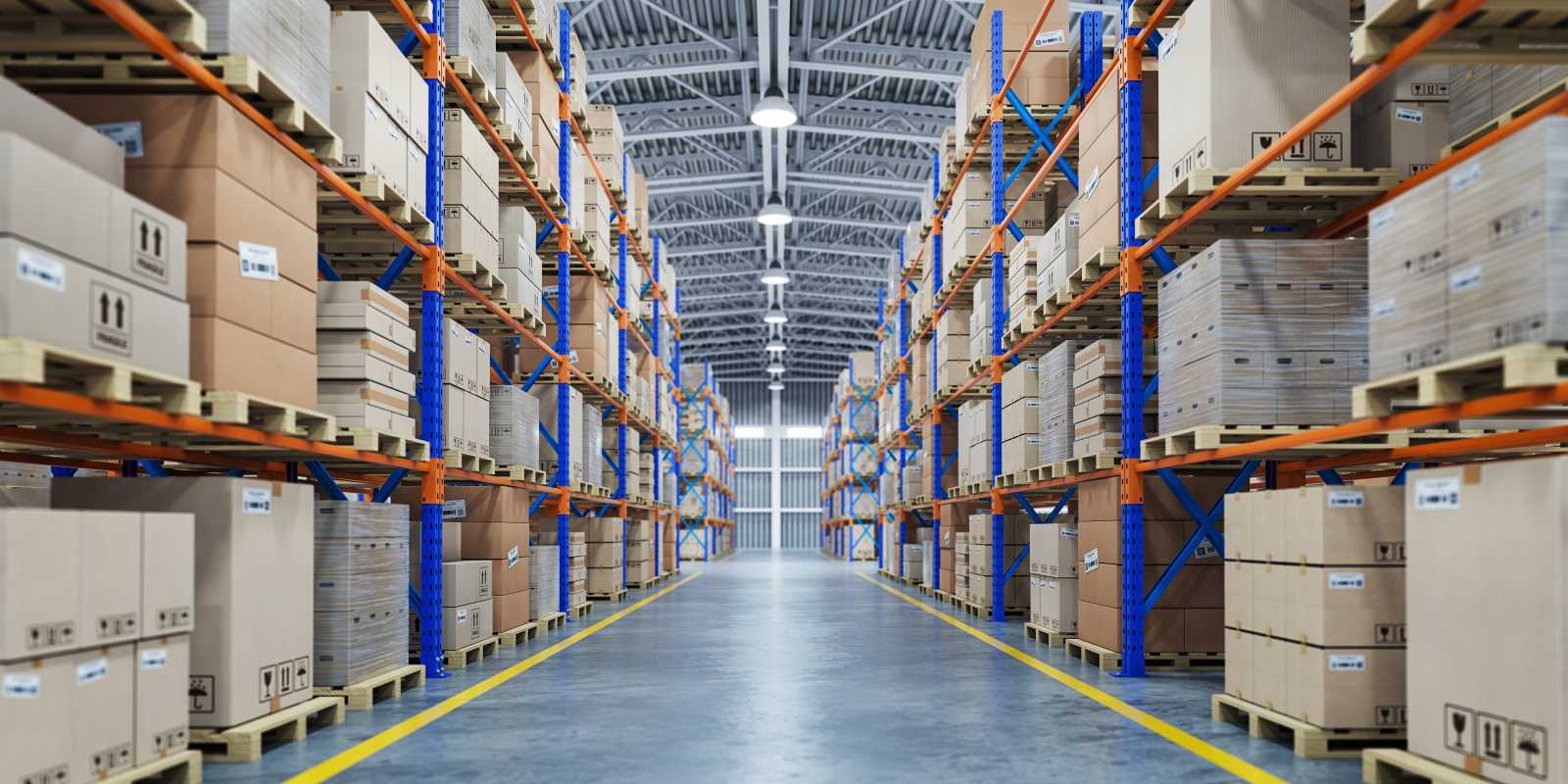In today's competitive business environment, managing overheads is more crucial than ever. One effective strategy for businesses looking to optimize their operations and reduce costs is utilizing third-party warehousing solutions. This approach not only helps in cutting down expenses but also enhances operational efficiency, allowing companies to focus more on core activities. Whether you're a small enterprise or a large corporation, understanding how third-party warehousing can benefit your business can be a game changer. Here’s a detailed look at why many businesses are turning to third-party logistics providers.
Reduced Capital Expenditure
Investing in warehouse infrastructure can be prohibitively expensive, especially for startups and small businesses. Third-party warehousing eliminates the need for such capital investments. By outsourcing storage and distribution, companies can convert fixed costs into variable costs, paying only for the space and services they need, when they need them.
This flexibility is crucial in managing cash flow more effectively, ensuring that funds can be allocated to areas of the business that directly contribute to growth and development. It's a practical solution that allows businesses to scale without the burden of heavy initial investments.
Access to Advanced Technology
Third-party logistics providers often have access to the latest technology and systems, which can be cost-prohibitive for many businesses to acquire on their own. By partnering with these providers, companies gain access to state-of-the-art inventory management and logistics software that ensures efficient operation and real-time data accessibility.
This technology helps in improving inventory accuracy, reducing errors, and enhancing customer satisfaction through better order fulfillment processes. It also provides businesses with insights that can lead to improved decision-making and strategic planning.
Enhanced Scalability
One of the key benefits of third-party warehousing is scalability. Businesses can easily adjust their storage needs based on current market conditions and business demands without worrying about space constraints or long-term lease agreements. This is particularly beneficial for businesses with seasonal products or fluctuating inventory levels.
As the business grows or experiences cyclical periods, the flexibility to scale up or down without significant lead times or disruptions is invaluable. This adaptability ensures businesses can respond quickly to market changes and customer demands.
Focus on Core Competencies
Outsourcing warehousing allows businesses to concentrate on their core competencies, such as product development, marketing, and customer service. This strategic focus is essential for maintaining competitive advantage and driving business growth.
By delegating logistics to expert third-party providers, companies can ensure that operational tasks are handled efficiently, freeing up resources and energy to focus on innovation and enhancing the customer experience.
Risk Reduction
Partnering with experienced logistics providers can significantly reduce the business risk associated with inventory management and shipping. These providers have the expertise, infrastructure, and systems in place to manage logistics efficiently, including handling regulatory compliance and insurance requirements.
This not only minimizes the likelihood of costly errors and delays but also protects businesses from the volatility of logistics challenges. It’s a safeguard that can prove critical, especially for businesses expanding into new markets.
Improved Customer Satisfaction
Timely and accurate order fulfillment is critical to customer satisfaction. Third-party warehousing often includes sophisticated distribution systems that ensure products are delivered to customers promptly and in good condition. This reliability can enhance a company's reputation and customer loyalty.
Moreover, with the ability to distribute products more efficiently and from optimal locations, businesses can reduce shipping times and costs, which are benefits that can be passed on to the customers, further enhancing satisfaction and competitive edge.
Expertise and Experience
Third-party logistics providers bring a level of expertise that can be hard to develop in-house without significant time and financial investment. They are equipped to handle logistical challenges and provide valuable insights into supply chain management, which can help businesses optimize their operations.
Their experience in navigating complex logistics landscapes makes them an invaluable partner for businesses looking to expand or streamline their operations. This expertise is especially crucial in global markets, where logistics can become exponentially more complicated.
Environmental Impact
Using third-party warehousing can also contribute to a company’s sustainability goals. Consolidating shipments and optimizing logistics networks can reduce carbon footprints through more efficient transportation routes and fewer empty loads.
This not only helps in complying with environmental regulations but also appeals to the growing market of eco-conscious consumers. Sustainability is increasingly becoming a competitive differentiator in many industries, and efficient logistics can contribute significantly to this aspect.
Each of these advantages outlines why third-party warehousing solutions are becoming a popular choice for businesses aiming to streamline operations while reducing overhead costs. Adopting this strategy allows companies to remain agile and responsive in a dynamic market environment, focusing on growth and customer engagement.



 (1).jpg)


